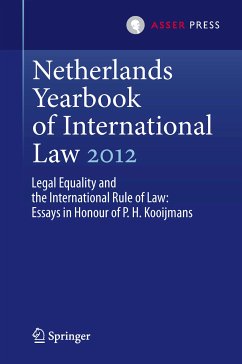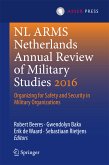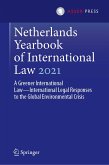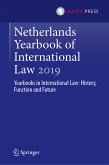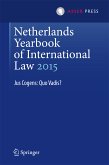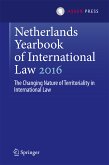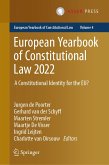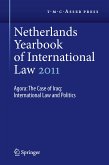With this Volume on 'Legal Equality and the International Rule of Law', the Netherlands Yearbook of International Law aims to celebrate Pieter Kooijmans' academic, diplomatic, and judicial career by picking up on an important subject in his early writings, the principle of legal equality of states, and addressing it almost fifty years later in the context of the contemporary debate on the international rule of law. It is indeed a conception - an ideal, even - that permeates Kooijmans' work and career. This Volume of the Yearbook studies if and how the principle of legal equality of states is still important in the international legal order of the early 21st century. In particular, it examines the principle's current relevance, e.g., in a pluralistic legal order, its relation to hegemony in international relations and international law, and how it functions in contemporary international organisations. The principle is further explored in the fields of international criminal law, international humanitarian law, and the international law of sovereign immunity. It is moreover treated in relation to both Vattellian and Cosmopolitan traditions of international legal thought.
Dieser Download kann aus rechtlichen Gründen nur mit Rechnungsadresse in A, B, BG, CY, CZ, D, DK, EW, E, FIN, F, GR, HR, H, IRL, I, LT, L, LR, M, NL, PL, P, R, S, SLO, SK ausgeliefert werden.

